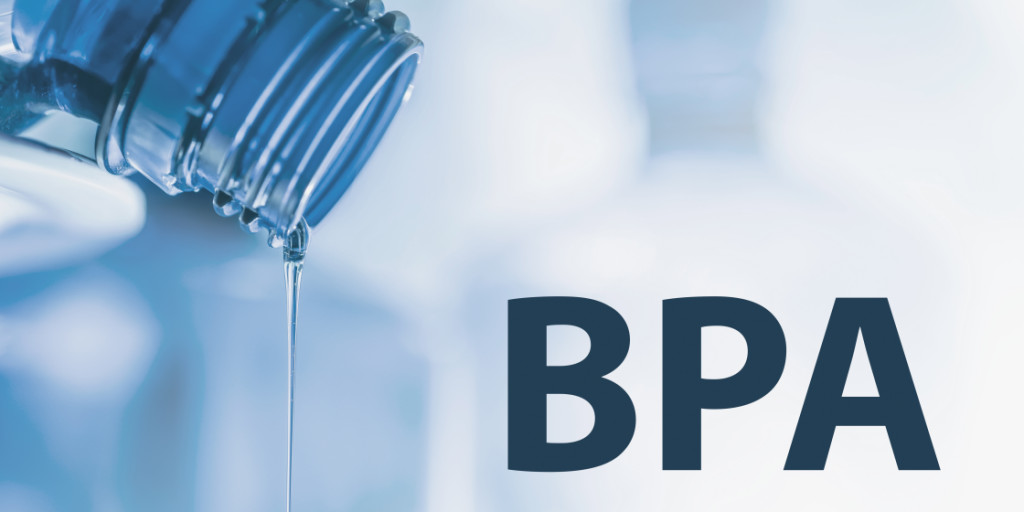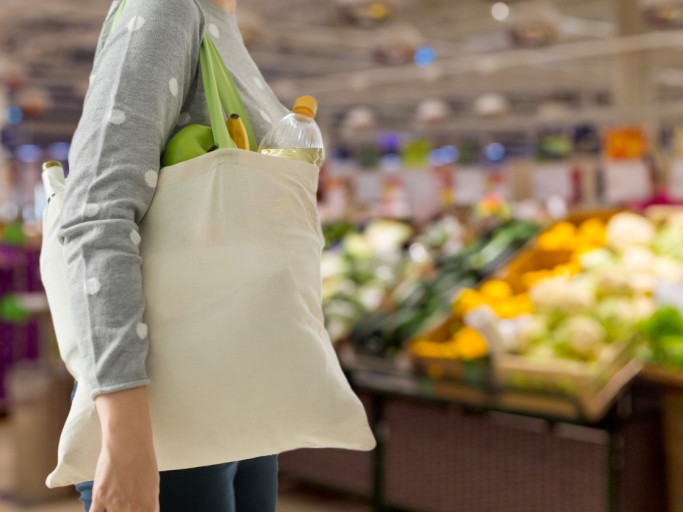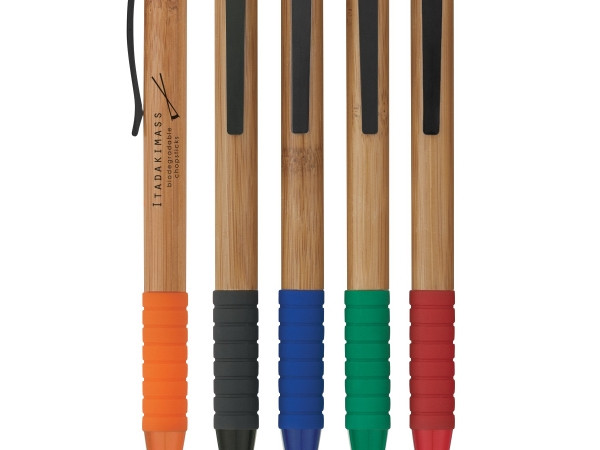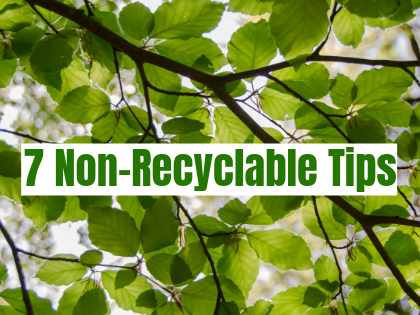Home / Blog / Green & Eco-Friendly / Custom Plastic Water Bottles: Navigating Health and Safety Concerns
Custom Plastic Water Bottles: Navigating Health and Safety Concerns
Date posted: 4th December 2023 in Green & Eco-Friendly
Last updated: 29th December 2023

In an era where health consciousness and environmental awareness are at an all-time high, the use of promotional custom plastic water bottles has become a subject of keen interest for businesses and consumers alike. While these bottles serve as an effective marketing tool, there are growing concerns about their impact on health, particularly in relation to BPA (Bisphenol A) and other chemicals used in plastic production. In this blog, we will delve into the world of promotional plastic water bottles, exploring the safety of BPA-free plastics and identifying the healthiest options available.
Understanding BPA and Its Health Implications
BPA is a chemical commonly used in the manufacturing of polycarbonate plastics and epoxy resins. It's found in various consumer goods, including some types of water bottles, food containers, and the lining of canned foods. The health concerns around BPA stem from its status as an endocrine disruptor, which means it can interfere with the body's hormone systems. Studies have linked high levels of BPA exposure to several health issues, including reproductive disorders, heart problems, and increased risk of certain cancers.
The Health Benefits of Choosing BPA-Free Plastic
Choosing BPA-free plastic for water bottles offers several benefits, primarily related to health and environmental concerns:
- Reduced Health Risks: Bisphenol A (BPA) is a chemical commonly used in the production of polycarbonate plastics and epoxy resins. Research has suggested that BPA can seep into food or beverages from containers made with the chemical. Exposure to BPA is a concern because of the potential health effects it may have on the brain, behavior, and prostate gland in fetuses, infants, and young children. BPA-free bottles reduce these risks.
- Lower Risk of Hormone Disruption: BPA is known as an endocrine disruptor, which means it can mimic the body's hormones and potentially lead to negative health effects. By using BPA-free plastic, this risk is minimized.
- Better for Children and Pregnant Women: Given the potential effects of BPA on infants and fetuses, BPA-free plastics are considered safer for pregnant women and children.
- Environmental Benefits: BPA can leach into the environment, causing potential harm to wildlife and ecosystems. BPA-free plastics are generally considered to be less harmful to the environment.
- Public Perception and Peace of Mind: As awareness about the potential dangers of BPA has increased, consumers have become more concerned about using products that contain this chemical. BPA-free products cater to this consumer demand and offer peace of mind.
It's important to note that "BPA-free" does not automatically mean a product is completely safe or free from other potentially harmful chemicals. Some BPA-free plastics may contain other chemicals that could also be endocrine disruptors. Therefore, it's important to consider other factors and materials when choosing water bottles and other food or beverage containers.
The Shift to BPA-Free Plastics
In response to these concerns, many manufacturers have shifted to producing BPA-free plastic water bottles. This move was partly driven by consumer demand for safer alternatives and regulatory changes in several countries. BPA-free bottles are made using different types of plastics like polyethylene, polypropylene, or co-polyester, which do not contain BPA.
Is BPA-Free Plastic Safe?
The question of whether BPA-free plastics are safe is complex. While BPA-free bottles eliminate the specific risks associated with BPA, they may contain other chemicals that could also act as endocrine disruptors. Studies are ongoing to understand the full health implications of these alternatives. However, it is generally agreed that BPA-free bottles are a safer option than their BPA-containing counterparts, especially when used as intended and according to the manufacturer’s guidelines.
Choosing the Healthiest Water Bottle
When considering the healthiest option for a water bottle, several factors come into play:
- Material: Aside from plastic, water bottles can be made from stainless steel, glass, or aluminum. Stainless steel and glass are often considered the healthiest choices, as they are free of chemicals found in plastics and are less likely to impart flavors or odors to the water.
- Quality of Plastic: If opting for a plastic water bottle, choose high-quality, food-grade plastics that are BPA-free. Look for bottles marked with recycling codes 1 (PET), 2 (HDPE), or 4 (LDPE), which are generally considered safe for single use.
- Reusable vs. Disposable: Reusable bottles are a healthier choice compared to disposable ones. They are typically made of higher quality materials and designed to be more durable and safer for long-term use.
- Ease of Cleaning: Bottles that are easy to clean reduce the risk of bacterial growth. Choose bottles with wider necks and fewer crevices, and ensure they are regularly cleaned and dried thoroughly.
- Leak-Proof and Durability: A good water bottle should be leak-proof and durable enough to withstand daily use without cracking or leaching chemicals.
Custom Plastic Water Bottles: Balancing Marketing and Health
For businesses, the choice of promotional water bottles should balance marketing objectives with health and safety considerations. Here are some tips:
- Opt for High-Quality BPA-Free Plastics: If choosing plastic, ensure the bottles are made of high-quality, BPA-free materials.
- Consider Alternative Materials: Explore other materials like stainless steel or glass for your promotional water bottles, which can offer a higher perceived value and safety profile.
- Educate Your Audience: Provide information about the safety and care of the water bottles to end-users, helping them make informed decisions about their use.
- Brand Responsibly: Align your brand with health and environmental consciousness by choosing eco-friendly and safe materials for your promotional products.
In conclusion, while promotional plastic water bottles remain a popular and effective marketing tool, it is crucial for both businesses and consumers to be aware of the health implications associated with different types of plastics. Opting for BPA-free bottles or alternative materials like stainless steel or glass can be a healthier choice. By making informed decisions about the materials and quality of water bottles, businesses can not only promote their brand effectively but also demonstrate a commitment to the health and well-being of their customers.
References
Kruckemyer, G. (2019, December 11). How safe are BPA-Free plastics? University of Central Florida News | UCF Today. https://www.ucf.edu/news/how-safe-are-bpa-free-plastics/
Chia, L. (2023, December 9). Are BPA-free plastic bottles really safe? Here’s what you need to know. CNA. https://www.channelnewsasia.com/cna-insider/plastic-bottles-bpa-free-reusable-food-containers-safety-3974611
Bisphenol A (BPA). (n.d.). National Institute of Environmental Health Sciences. https://www.niehs.nih.gov/health/topics/agents/sya-bpa/index.cfm
What is BPA? Should I be worried about it? (2023, March 24). Mayo Clinic. https://www.mayoclinic.org/healthy-lifestyle/nutrition-and-healthy-eating/expert-answers/bpa/faq-20058331

Strengthen your brand perception with promotional products
Chat online or call us today on 1800-586-1615
More Articles

How To Make Your Office More Eco-Friendly ♻️
23rd April 2019 in Green & Eco-Friendly

Check out our Top 5 Best Eco-Friendly, Customizable Shopping Bags
7th August 2022 in Green & Eco-Friendly

Bamboo Promotional Products
25th March 2019 in Green & Eco-Friendly

7 Non-Recyclable Items That Will Surprise You
10th April 2019 in Green & Eco-Friendly

